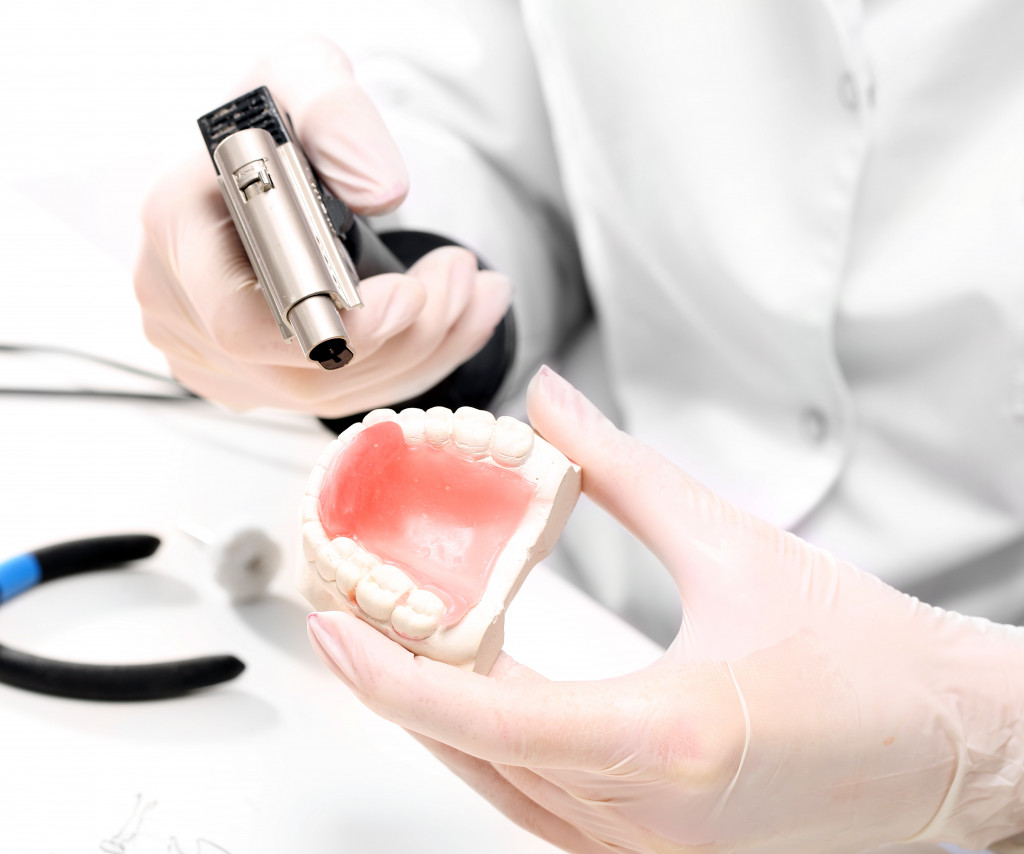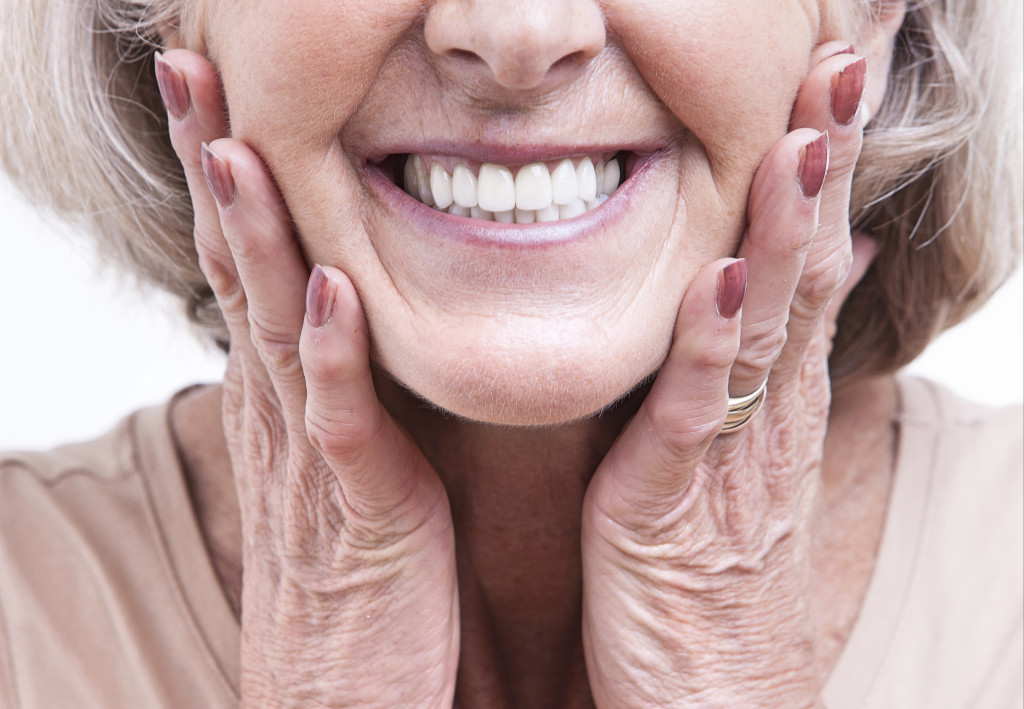Disclaimer: This website provides health information for educational purposes only and is not a substitute for professional medical advice, diagnosis, or treatment. Always seek the guidance of a qualified healthcare provider with any questions you may have.
As we age, our bodies go through many changes. These changes can sometimes lead to new dental problems or exacerbate existing ones. This article will show some of the most common dental problems faced by the elderly, and offer some tips on how to handle them.
Gum Disease
Gum disease is one of the most common dental problems faced by the elderly. It is caused by a build-up of plaque and tartar on the teeth and gums. This can lead to inflammation, bleeding, and eventually tooth loss. Gum disease is often accompanied by bad breath and discomfort when chewing.
Gingivitis and periodontitis are the two types of gum disease. Gingivitis is a reversible form of gum disease that can be cured with dental hygiene. If neglected, periodontitis leads to tooth loss and bone eroding which is why it’s much more serious.
The best way to prevent gum disease is to brush and floss regularly and visit a dentist’s office for regular check-ups and cleanings. If you already have gum disease, your dentist may recommend additional treatments such as scaling and root planing (a deep cleaning), or antibiotics. In severe cases of gum disease, surgery may be necessary to clean the teeth and gums and prevent further damage.
Dental Cavities
Dental cavities are another common problem faced by the elderly. Cavities occur when tooth enamel is eroded by acids, usually from sugary or starchy foods. This can lead to holes in the teeth, which can then become infected and cause pain. Cavities are often accompanied by a toothache, sensitivity to hot or cold foods, and bad breath.
Cavities can be prevented by brushing and flossing regularly and eating a balanced diet. If you already have cavities, your dentist may recommend fillings or other treatments to fix the problem. You should also be sure to visit your dentist regularly for check-ups and cleanings.
Missing Teeth

Missing teeth are another common dental problem in the elderly. Teeth may be lost due to decay, gum disease, or injury. This can cause problems with eating and speaking, and can also lead to a change in appearance.
Moreover, missing teeth can cause the remaining teeth to shift out of place. This can lead to further dental problems such as cavities, gum disease, and tooth loss. While it is not always possible to prevent missing teeth, good oral hygiene and regular dental visits can help reduce the risk.
If you have missing teeth, there are several options available to replace them. These include dentures, bridges, and implants. Dentures are artificial teeth that can be removed and put back in place. On the other hand, implants are artificial teeth that are permanently fixed in place.
Lastly, bridges are artificial teeth supported by natural teeth on either side. Your dentist will advise you on the best option for you depending on your case.
Discolored Teeth
As we age, our teeth can become discolored due to changes in the enamel, staining from foods and drinks, and the use of tobacco products. While not a serious dental problem, discolored teeth can be unsightly and cause embarrassment.
There are many ways to whiten teeth, including over-the-counter products, professional teeth whitening treatments, and at-home teeth whitening kits. Talk to your dentist about which option is right for you.
Dry Mouth
Dry mouth is another common problem in the elderly. It can be caused by several factors, including certain medications, dehydration, or mouth breathers. A dry mouth can lead to other problems like tooth decay, bad breath, and difficulty speaking or eating. Additionally, a dry mouth can be a sign of a more serious underlying medical condition.
To combat dry mouth, drink plenty of water throughout the day and avoid caffeine. You should also avoid tobacco products and alcohol. Sugarless gum or lozenges can help stimulate saliva production.
If these home remedies don’t work, your dentist may prescribe artificial saliva or recommend a change in medication. They may also suggest increasing your fluid intake. In some cases, your dentist may refer you to a doctor to find the cause of your dry mouth and treat it accordingly.
Tooth Decay
Tooth decay is yet another common dental problem in the elderly. It occurs when plaque and bacteria mix with sugars or acids from food to form cavities in the teeth. Tooth decay can cause pain, sensitivity, and eventually tooth loss if left untreated.
To prevent tooth decay, brush twice a day with fluoride toothpaste and floss daily. See your dentist for regular checkups and cleanings. If you have tooth decay, your dentist will likely recommend a filling or crown to restore the tooth.
Dental problems are common in the elderly, but many of them can be prevented with good oral hygiene and regular dental visits. So ensure to take care of your teeth as you age!

